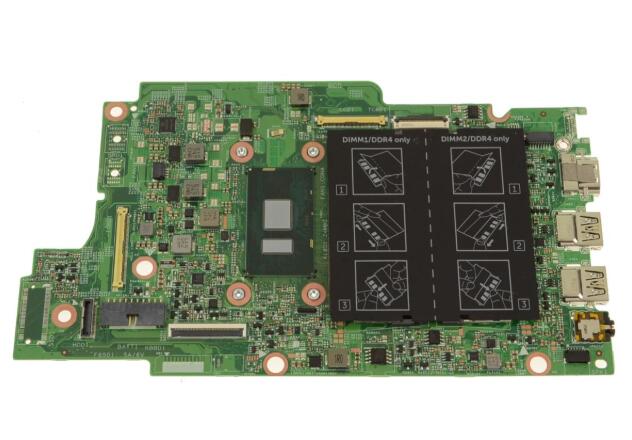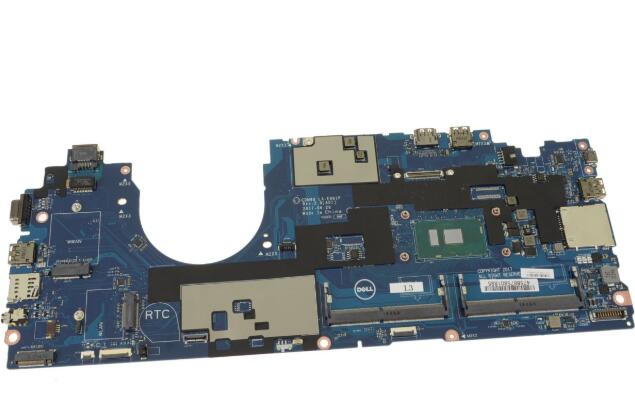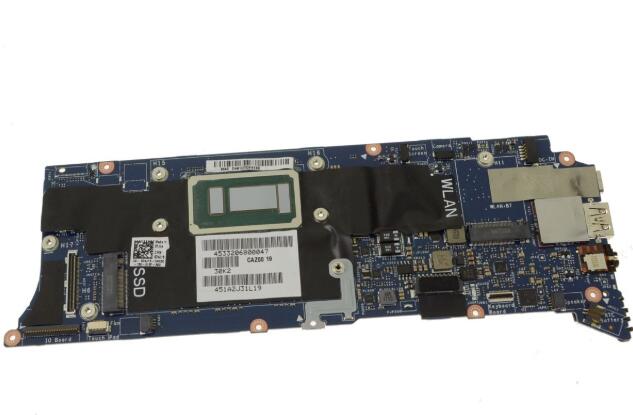what’s the role of capacitors on a motherboard?
Capacitors play a crucial role on a motherboard by providing stability and filtering electrical signals. Here’s how they contribute to the functionality of the motherboard:
- Voltage Regulation: Capacitors help regulate voltage levels across different components on the motherboard. They store electrical energy and release it as needed to maintain stable voltage levels, preventing fluctuations that could potentially damage sensitive electronic components.
- Filtering and Smoothing: Capacitors act as filters, smoothing out fluctuations in the electrical signals generated by the power supply unit (PSU) or other components. They absorb and dissipate high-frequency noise and interference, ensuring that clean and stable power is delivered to the various components on the motherboard.
- Decoupling: Capacitors are often placed near integrated circuits (ICs) and other components to provide local energy storage and decouple them from the power supply lines. This helps reduce noise and signal distortion caused by rapid changes in current demand from the components.
- Protection Against Voltage Spikes: Capacitors can help protect the motherboard and other components from voltage spikes and transient voltage fluctuations. They absorb excess voltage and prevent it from reaching sensitive circuits, thus safeguarding against damage from power surges or other electrical anomalies.
- Stabilizing Clock Signals: Capacitors are also used in clock circuits to stabilize and filter clock signals, ensuring accurate timing for various operations performed by the CPU and other components.
Overall, capacitors play a critical role in ensuring the proper functioning and reliability of a motherboard by providing stable power delivery, filtering electrical signals, and protecting against voltage fluctuations and noise. They are essential components that contribute to the overall performance and longevity of the motherboard and the entire computer system.







